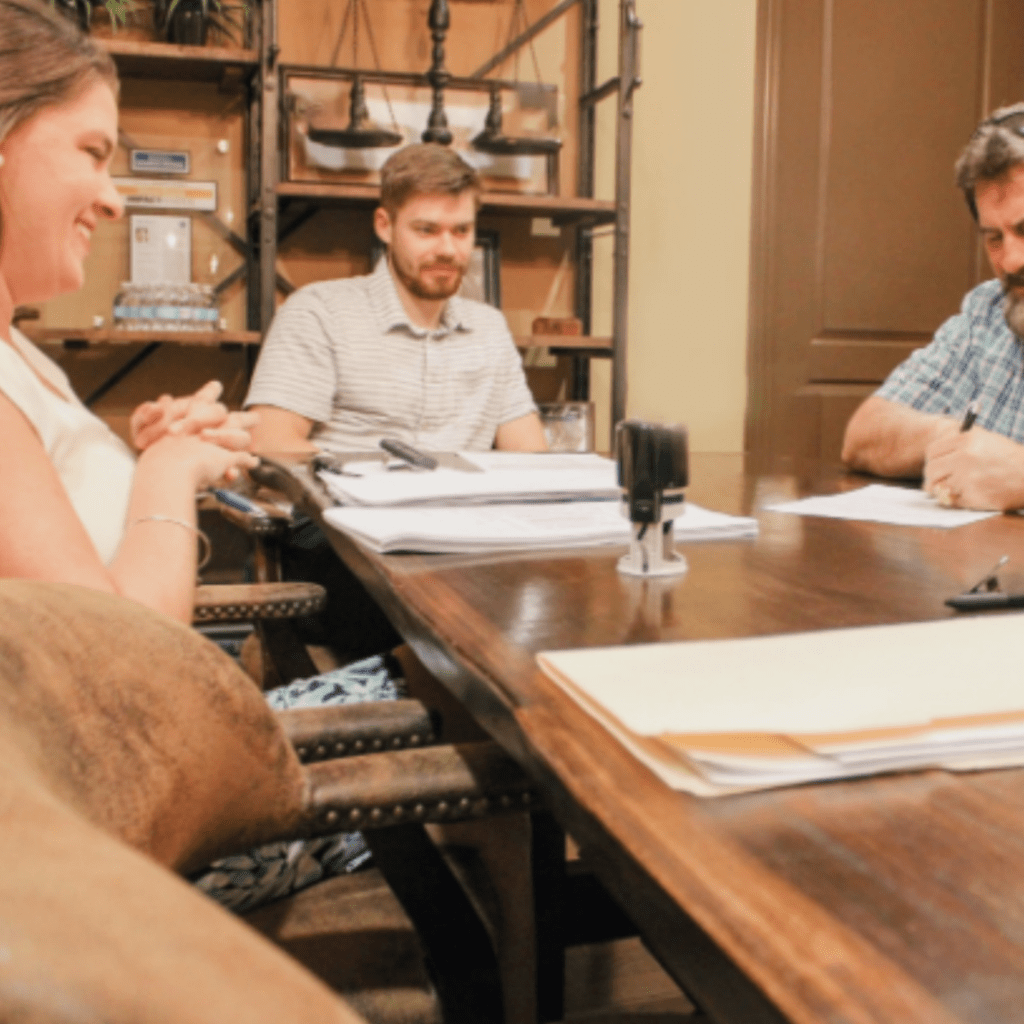Revising your will or other estate documents might not be at the top of your to-do list, but maybe it should be. If you don’t review your will regularly, your assets may be in trouble. If you’re not sure when you should review your will, we have a few suggestions. Here is a quick guide to five times when you should review your estate documents:
When Should You Review Your Will?
#1. When You Move
It may go without saying, but laws change from state to state. You can’t assume that your will in the state, or even the town you live in, applies in the new place you moved to. An estate planning attorney can review your old will, suggest updates so it matches your preferences, and put those updates in writing for you.
#2. When You Have a New Member of the Family
If you or a family member has a baby, you need to take a look at your estate documents. Even if they won’t affect your plans, you should mention that they aren’t one of the recipients of your will. For example, if you have a new grandchild, you want to be sure your documents still describe exactly how you want your estate to be distributed.
Tennessee law makes provisions for children who are born after their parents execute a will. A pretermitted child is one born just before or after the death of the testator. However, there is a good chance that those provisions are not exactly in line with your wishes.
#3. When Someone Dies
It’s just as important to review your will and other estate documents when someone is born as it is when someone passes away. Most documents have “contingent beneficiaries” of some kind, which makes provisions for what will happen if someone dies. Although, as soon as one of those beneficiaries passes away, there is no longer a contingent beneficiary and you probably need a new one, so having multiple redundancies is a good idea.
#4. When Someone Gets Married or Divorced
There are indeed provisions in Tennessee law to prevent an ex-spouse from obtaining all assets when one ex-spouse passes away, but that law does not apply to all estate documents. For example, you may have a trust set up in case any minor grandchildren were to inherit assets from you. But what if your child gets divorced? Will his or her ex-spouse still be involved in your estate plan? The same is true in marriage. You want to be sure that the right people are involved in your estate plan.
#5. When There is a Change in Assets
Whether you gain or lose assets, your will should reflect this change. This is especially true for specific bequests. If you leave your ’75 Chevy to your friend Steve, but you did not own a ’75 Chevy at the time of your death, Steve will not get anything.
Contact Tressler & Associates for Help Reviewing Your Will
This list is just the beginning. We can think of many other circumstances after when you should review your estate documents, but here are five we can start with.
To learn more about how we can assist you in estate planning or if you have any questions about your estate planning, contact us online or call us at 615-444-2345.



